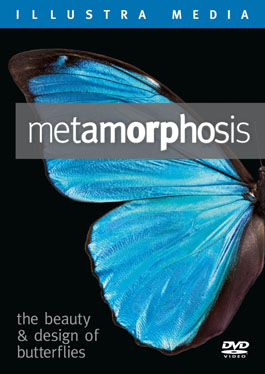The Search for the Limits of Darwinism
The second book by Behe is long on statistics. It goes to the most basic of life forms in extent today, single celled parasites (and in particular malaria) and does the math to see how far Darwinian evolution (that is genetic mutation and natural selection) will take us. He was wise in selecting these tiny organisms since due to the shortness of their reproductive cycle (days not years), the amount of them (literally trillions) and their minimalist genetic structure Darwinian evolution has as much opportunity in a few years with these one celled organisms as it has had in millions of years for higher organisms to do its magic.
So what has Darwinian evolution been able to do? Here’s an example from the edge regarding HIV: “the best current estimate is that a person infected with HIV is burdened with a total of 1 to 10 billion virus particles…. So over the course of 10 years a single person will produce more than a thousand generations of HIV… since there are approximately fifty million people worldwide infected with the virus the math points to a total of about 1020 copies of the virus having been produced in the past several decades.” And exactly what has all that evolution of HIV wrought? Very little. … the virus has been a complete stick-in-the-mud… there have been no significant basic biochemical changes in the virus at all.“
So the “edge of evolution” is measurably small compared to the vastness of complexity seen in nature. The more knowledge we gain the smaller the contribution Darwinian evolution brings to the table.




Recent Comments